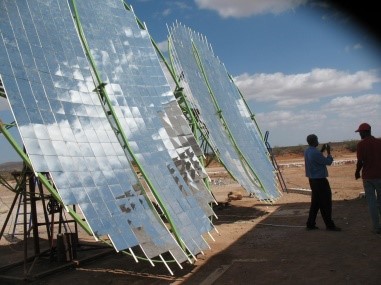
High Temperature Solar Process Heat Technology
Fixed-focus Parabolic Dish Technology
Our proprietary designs of fixed – focus Scheffler parabolic dishes are designed in sizes of 16, 20 and 32 m2 (8, 10 and 16 kWp) and raise up to 600o Celsius at the focus.
Parabolic dish technology is suited to small installations (under 200 kW) delivering process heat at temperatures above 300o Celsius like pyrolysis and hot air/oven operations and incorporating some form of thermal energy storage (TES).
Linear Fresnel Lens Technology
Linear Fresnel lens technology is the state-of-the-art of high temperature solar heat generation. Its flexibility, modularity, ease of deployment and low space requirement makes it particularly suited to industrial and utility-scale installations operated at temperatures in the region of 100-200o Celsius.

Energy & The Environment
Thermofield Industrial delivers technical consultancy services beyond the traditional boundaries of the solar industry in the form of feasibility studies, pilot projects, energy needs assessments across the domestic, commercial and industrial sectors, technology, policy analysis and impact assessments in sectors with serious energy and environmental challenges like salt mining, tea processing and the management of heavy metals in municipal sludge.
Our expertise extends to emissions reductions and carbon trading, biomass energy systems, thermal treatment of industrial effluent, thermal desalination of Reverse Osmosis (RO) waste streams, pyrolysis, large scale solar heating for demand side management (DSM) and most undertakings characterized by the thermal energy- environment nexus.

Essential Oils
Together with a limited range of essential oils and distilled water, Thermofield Industrial has plans to expand its range offerings of green, non-toxic and natural wellness products into a wider range that will include mushroom, algae and other botanical extracts produced via solar heat extraction, distillation and pyrolysis and the development of refined bamboo vinegar for cosmetics and pharmaceutical applications.
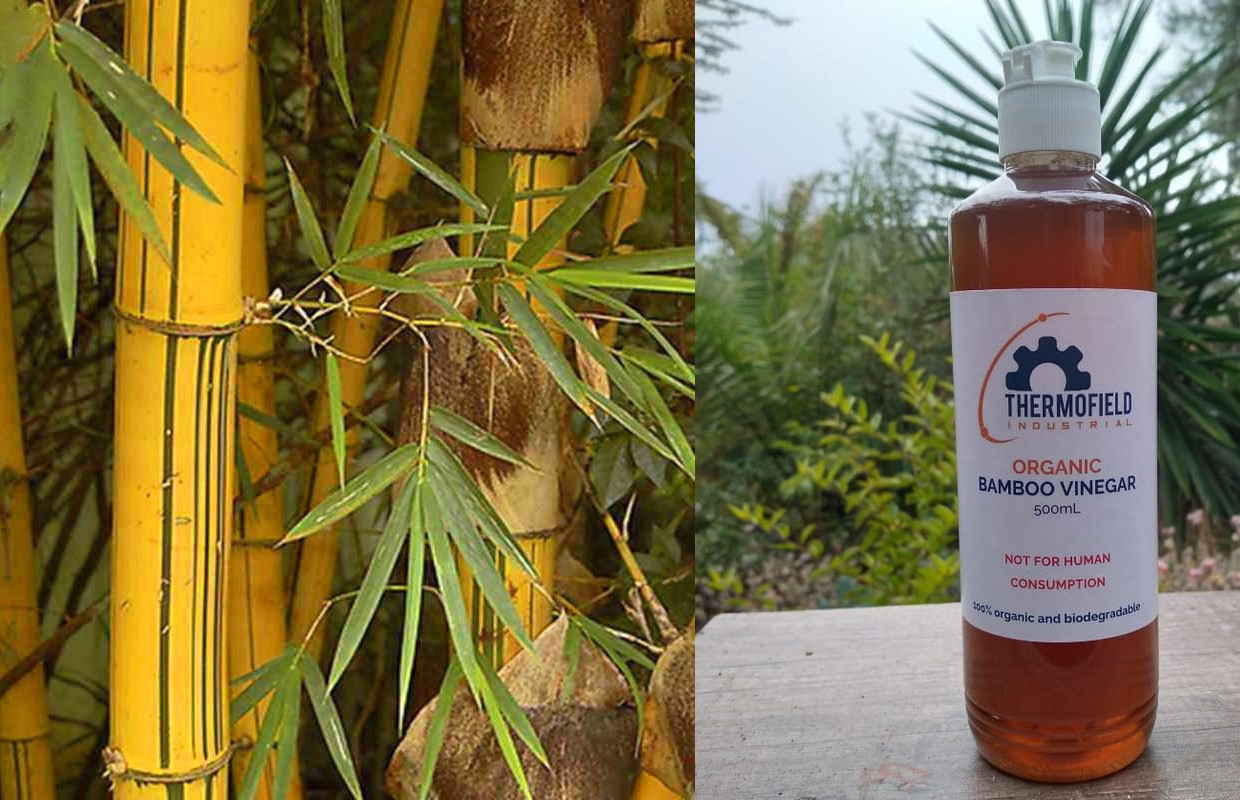
Bamboo Vinegar
Bamboo vinegar is a truly exciting product with multiple applications in agriculture (pesticide, fertilizer and growth stimulant), animal husbandry, poultry farming, pharmaceuticals and cosmetics. Bamboo vinegar is a ‘super food’ for plants, herbs and delivers a natural and effective solution for improved animal and poultry health.
Together with a limited range of essential oils and distilled water, we have plans to expand our offerings of green, non-toxic and natural wellness products into a wider range that will include mushroom and botanical extracts produced via solar heat extraction, distillation and pyrolysis.
Mostly produced as a by-product of the charcoal making process, our solar pyrolysis process produces a much cleaner product devoid of tar and odor and more easily refined into pharmaceutical and cosmetic grades.
Description
Bamboo wood vinegar (BWV) is a natural reddish brown liquid extract used in agriculture and in fortifying animal fodders besides numerous other applications in medicinal and cosmetic formulations. In its various forms depending on the sophistication of the production process, it contains over 200 useful different organic
Bamboo wood vinegar has multiple commercial uses mainly in agriculture as a fertilizer. As a natural fertilizer, bamboo vinegar reduces the requirement for agro-chemicals and chemical fertilizers by 50%, reducing the risk of harm to humans and animals, soil and water pollution. Bamboo wood vinegar is essentially acetic (pyro ligneous) acid and delivers the following advantages over chemical alternatives,
- It’s 100% natural, non-toxic, biodegradable and replaces or reduces the demand for chemical fertilizers, pesticides, herbicides and fungicides by 50%. It also repels pests and prevents plant infection from fungal, bacterial and virus-like diseases.
As a fertilizer, it increases crop yields through improved nutrient uptake, root mass and foliage development.
- As a penetrant for better uptake (1:500 dilution in water) it increases crop resistance to disease, darkens foliage for improved photosynthesis and growth rates and improves flavour, color and firmness of fruit.
- Enriches and disinfects soils.
- Increases and accelerates rates of seed germination and improves plant and fruit resistance to disease and pests.
- Is also effective as a pest repellant, deodorizer (in pet, pigs, poultry and cattle pens) and reduces the incidence of diseases caused by bacteria in animal husbandry.
- Studies published in the Italian Journal of Animal Science (2017) indicate that a 1-1.5% level of BWV in chicken layers diet decreased pathogenic bacteria counts and improved eggshell thickness and quality as a means of reducing egg damage during the laying period.
- Bamboo vinegar may also be used to prevent mosquitoes from breeding in water storage tanks
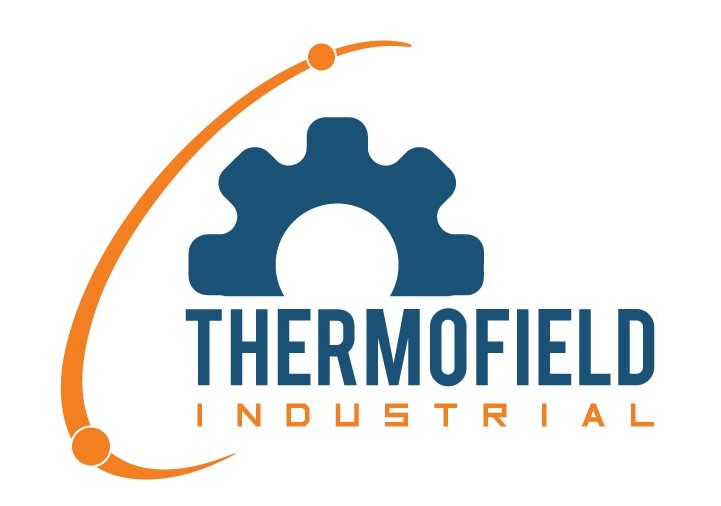

Thermofield Industrial is a Kenyan solar thermal technology enterprise dedicated to developing, demonstrating and disseminating the widest range of high temperature solar thermal technology and industrial applications in Eastern Africa.
Our mission to develop the potential in Kenya into a technology hub for high temperature solar applications based on parabolic dish and linear fresnel lens technology is driven by two decades of innovation, development and a strategic partnerships with Solatom CSP of Spain (2020).
Towards delivering on this vision, Thermofield Industrial has developed a wide range of solar process heat generation, transport, thermal energy storage (TES) and dispatch methodologies for steam, sensible heat transport systems and direct hot air towards delivering a series of new and effective solutions to some of the greatest environmental and sustainability challenges facing industry today.
From the control of thermal fuel costs and the management of industrial emissions at the factory level to the development long-term strategic, energy and environmental goals, we assist our clients develop and implement holistic and sustainable solutions based on clean thermal energy.
The major elements of our technological agenda to transform the energy-pollution-emissions nexus in the industrial and commercial sectors towards a more sustainable regime include the following interventions
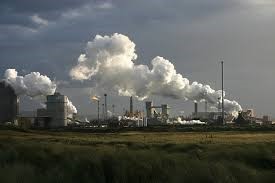
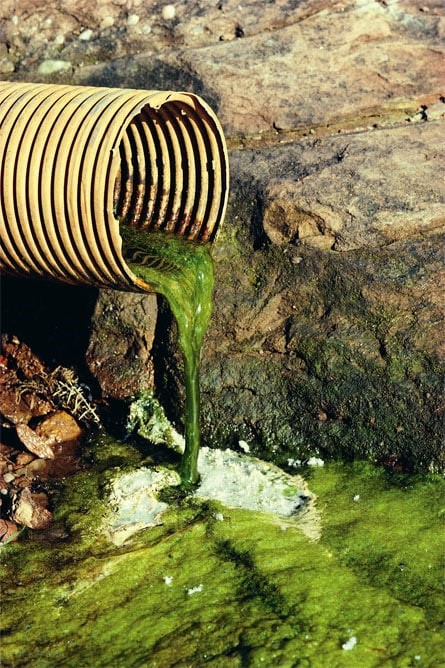
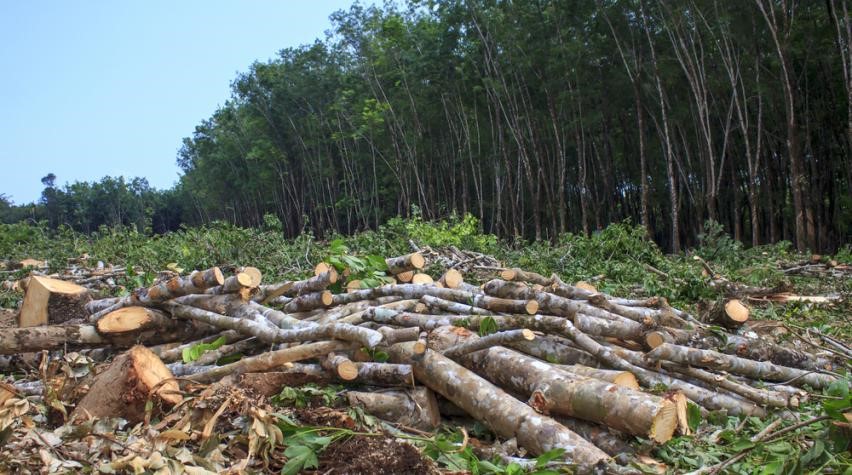
• the management of the high environmental and opportunity costs of industrial fuel oils and proprietary wood fuel plantations,
• the long timelines, environmental and social impact of the large requirement for land in coastal salt mining,
• the incorporation of Zero Liquid Discharge (ZLD) thermal desalination into reverse osmosis (RO) systems as a ‘last mile’ component to manage the discharge of high concentration brines rejected by RO systems into the environment,
• the reduction of chemical pollution by the production of safer bio-fertilizers and fungicides by concentrated solar heat pyrolysis.